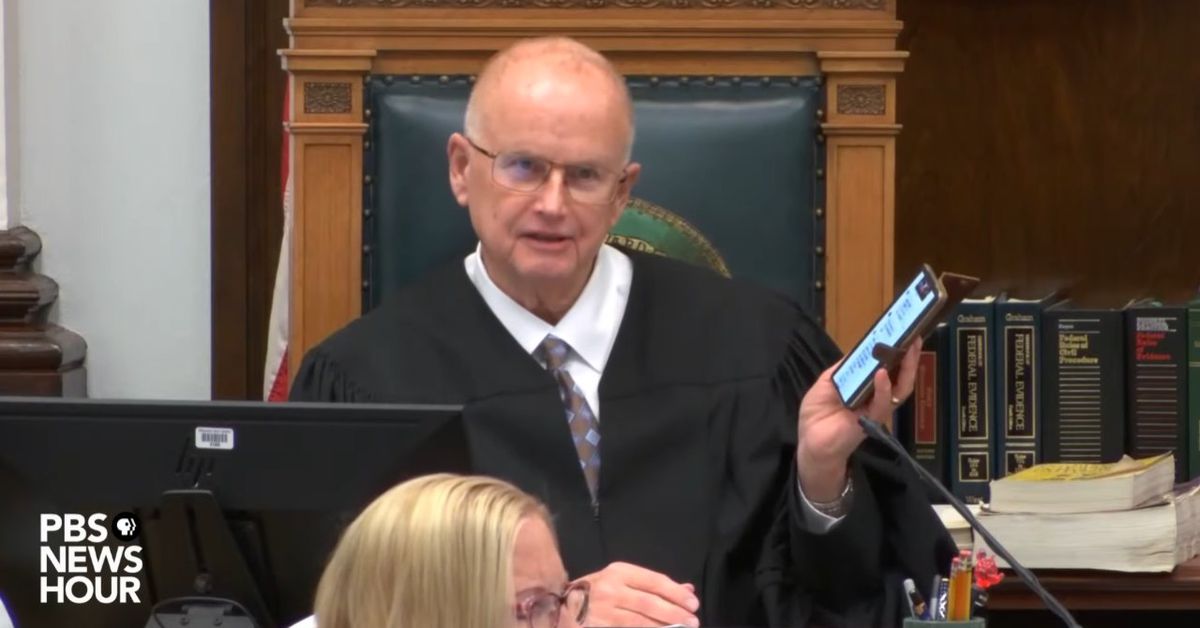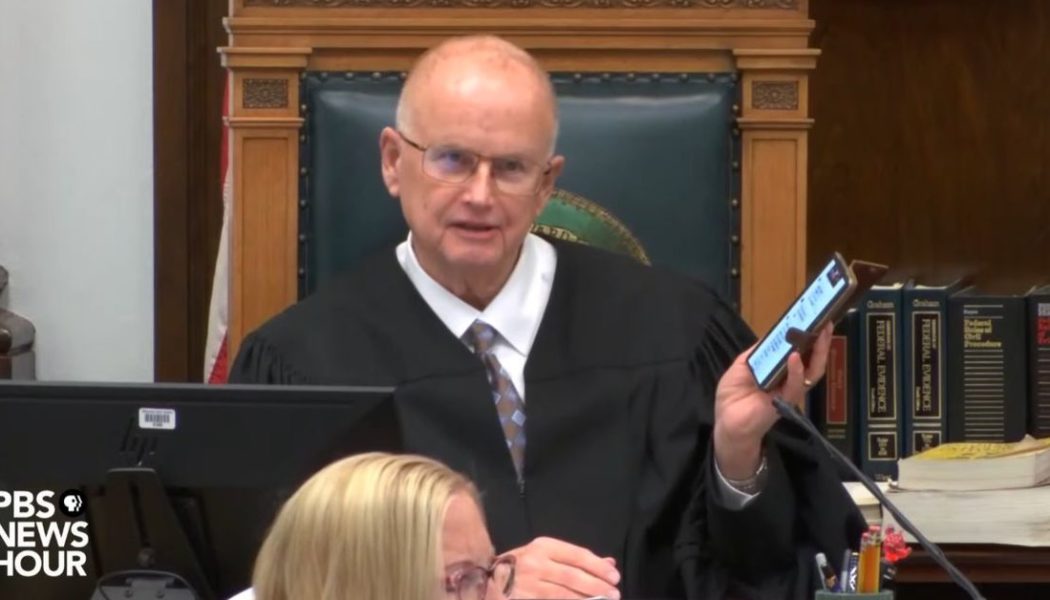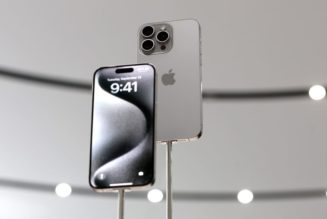
The prosecution and defense continue to argue over evidence in the trial of Kyle Rittenhouse for killing two people during a protest in Wisconsin, with a surprising amount of confusion from both the defense and Judge Bruce Schroeder about what happens when you pinch-to-zoom on a touchscreen device.
On Wednesday, Schroeder stated it was up to the prosecution to prove that zooming on a video in with an iPad doesn’t alter or manipulate the footage. “iPads, which are made by Apple, have artificial intelligence in them that allow things to be viewed through three-dimensions and logarithms,” the defense said as part of its objection, adding that the iPad “uses artificial intelligence, or their logarithms, to create what they believe is happening. So this isn’t actually enhanced video, this is Apple’s iPad programming creating what it thinks is there, not what necessarily is there.”
Judge Schroeder let the objection stand, after giving prosecutors only 20 minutes to find an expert witness to explain how pinch-to-zoom on an iPad worked. (It should be noted, of course, that iPads do not have any “logarithms” that allow video to be viewed in three dimensions or “recreate” parts of an image that are not there.)
During arguments over jury instructions broadcast live today, the judge went further, pulling out his own smartphone to demonstrate his continuing bafflement at pinch-to-zoom.
Specifically, the judge saves texts from his friends by taking screenshots and emailing them to himself. He showed one such screenshot to the courtroom today, noting that “some of them are pretty long” and “show up in my email like this, like a little ribbon,” so he zooms on them and “it’s just a blur.”
According to the judge (talking to the prosecution), “You were talking the other day… about it’s just like a cellphone where you can expand a picture and make it bigger. But it’s not making it any bigger, it’s just a blur. Well, it’s not making it any bigger…it’s making it bigger, but it’s nothing but a blur.” He then questioned, “how that can be reliable…because it isn’t reliable for me and getting my messages on my phone.”
The prosecutor responded, “I think you’re taking the picture wrong on your phone, I’m not tech support, but…” The judge replied, “I’m not surprised,” prompting laughter.
Let’s explain what’s going on here. Judge Schroeder appears to be using a Samsung Galaxy 20. That means he’s likely activating “scroll capture,” a Samsung screenshot feature that produces long images of an entire window — in this case, the entire text conversation. So those screenshots show up as long skinny image on his screen, in order to fit. When he emails (or texts) that image to himself, the image is then compressed to a smaller resolution and file size, so when he tries to zoom in on it, it’s blurry.
None of this is useful evidence in support of the defense’s objection about iPad pinch-to-zoom. First of all, a Galaxy S20 runs Google’s Android operating system with various Samsung customizations, while the defense’s specific objections were about Apple’s “logarithms” on an iPad. So from the start, whatever a Samsung phone is doing is not relevant to an objection about how an Apple device works. Secondly, the defense’s objection is about those Apple logarithms adding data to an image such that it can be viewed in three dimensions or recreate what is not there. Here, Judge Shroeder’s phone is plainly not adding any data to the image: it remains blurry. If anything, his experience supports the prosecution’s ability to zoom a video. But again: different software from different companies.
The judge closed the conversation by failing to silence his phone.









